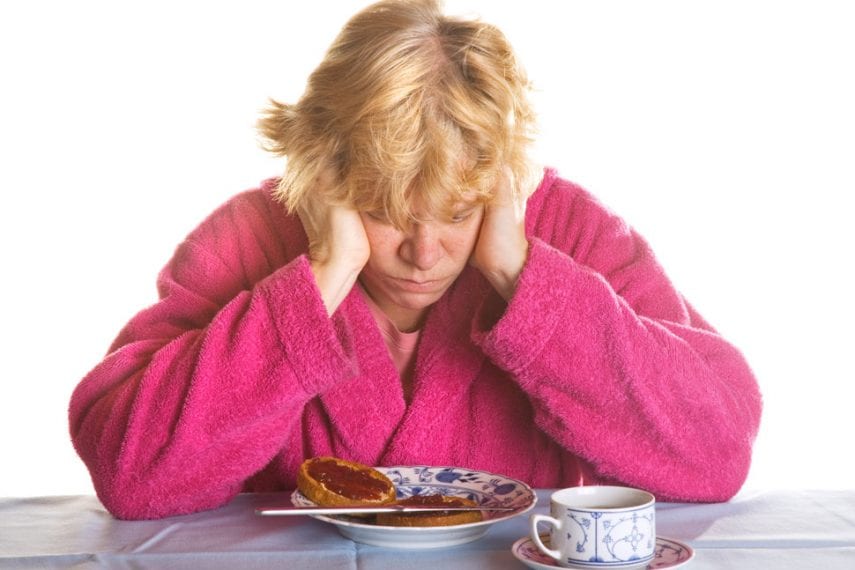Dealing with Depression and Food Cravings

Depression disorder can have various effects on the mind and body, some of which we may not immediately recognize. One of the ways in which a low mood can impact an individual is by affecting his or her appetite – either by reducing it or increasing it.
If you have noticed yourself reaching for snacks, sweets, or “comfort foods” more often when you are feeling particularly depressed, you may be experiencing depression-related food cravings. Although food cravings on their own are not unusual, indulging in them too often can cover up their root cause – and lead to weight gain or other health consequences.
Why Does Depression Cause Cravings?
Because everyone needs to eat, the reasons for indulging in cravings vary among individuals and are difficult to pinpoint. However, for those with depression, food cravings can arise from causes such as:
- Low serotonin levels. One of the chemical indicators of depression is a decrease in the body’s concentration of serotonin. Coincidentally, studies have suggested a correlation between low serotonin levels and cravings for sugary foods.
- Positive associations. Food plays a significant role in many events throughout people’s lives, from birthdays to holidays to weddings. By partaking excessively in their favorite foods, depressed individuals may be subconsciously attempting to recreate those positive feelings.
- Compensating for low energy. Whether due to lack of sleep or a general sense of malaise, depression disorder depletes energy. A natural reaction to feelings of lethargy is to eat more food to fuel a tired body.
What to Do Instead of Indulging in Food
Enjoying the occasional slice of pizza or scoop of ice cream isn’t a problem. However, if you find you have been turning to food more often since becoming depressed, it is likely time to adopt one or more alternative coping methods. These could include:
- Talk to a friend. Discussing your feelings with a loved one can reduce feelings of despair and isolation.
- Go for a walk. Numerous studies have shown physical activity helps reduce depression symptoms. Even a ten-minute walk around the block can help.
- Pamper yourself. A bubble bath, manicure, or time reading a favorite book can provide mood-boosting effects.
- Write in a journal. Pour out your thoughts and feelings in writing. Not only is it a cathartic experience, but it helps you keep track of your good and bad days.
Inpatient depression treatment at Bridges to Recovery can help you address the issues that cause you to overeat. Our compassionate staff will work with you to identify and replace such coping behaviors with healthy and sustainable habits. To learn more about our facility, contact us today.






